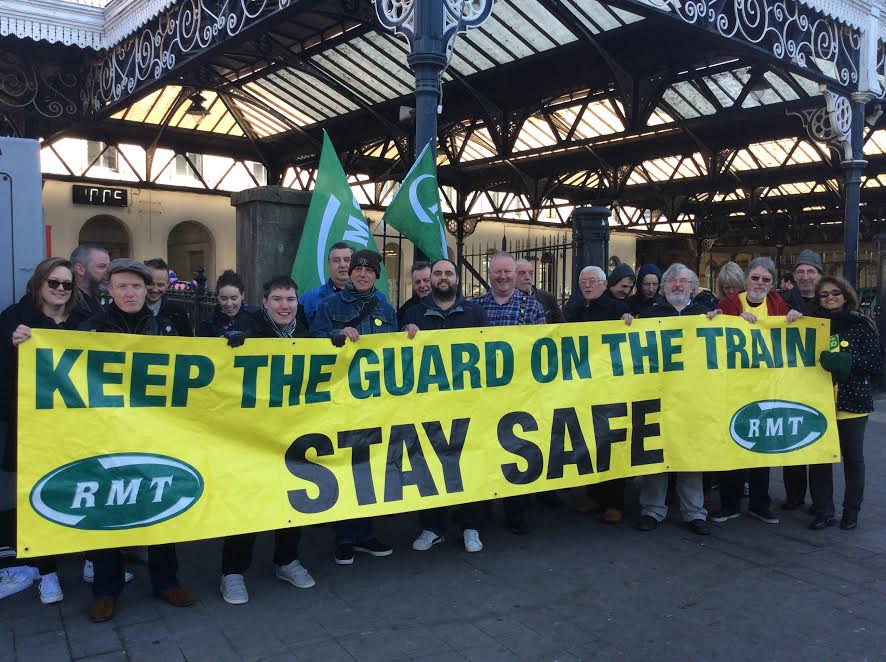The series of strikes by Southern guards and train drivers could cost the British economy almost £400 million, according to new research.
The economic impact of the strikes has been estimated in a study carried out at Chichester University.
It was led by Dave Cooper, professor of management and economic development, and suggested that the total cost of the dispute to the country’s gross domestic product (GPD) was already £300 million.
The industrial action by Aslef and the RMT unions over proposed changes to the role of train crew has involved 27 strike days since the first strike in April.
The study by Professor Cooper explored the impact on productivity of the strikes by both unions.
His report calculated the total economic costs to the thousands of commuters who have been delayed, missed work or had to stay at home.
Professor Cooper said: “The findings put the impact on the economy at about £11 million for every day and if the next scheduled strike days go ahead the total would be brought to just under £396 million.
“In reality this may be higher as it does not account for other impacts such as loss of sales, impact of travel delays, staff morale and motivational issues or individual loss of income.
“The strikes in December could cost between £47 million and £55 million and will affect London’s retail and service economy at a critical time of the year.
“Small businesses will be unable to absorb these additional costs and individuals are losing their jobs as a result.”
There are concerns that fewer tourists and shoppers have travelled by train to Brighton since the strikes started although the effect is not yet clear.
More RMT and Aslef strikes have been planned over the Christmas and new year period – from Saturday 31 December to Monday 2 January, with action also scheduled from Monday 9 January to Saturday 14 January.








